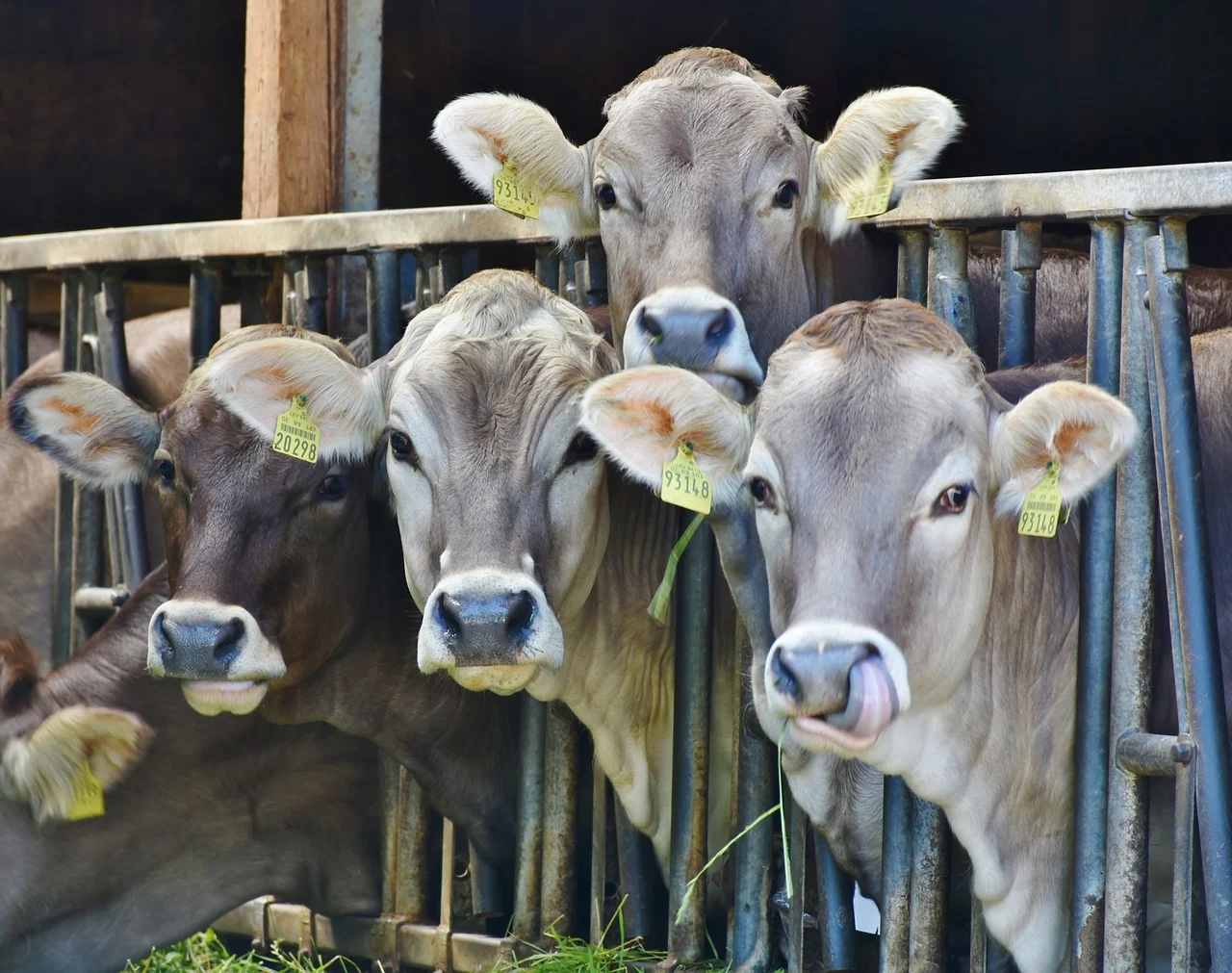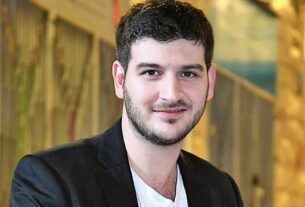For the first time, researchers at Ben-Gurion University of the Negev (BGU) have learned to control the microbiome of cattle. Reducing methane production in cows will reduce global warming.
For the first time, researchers have discovered a method to control the microbiome of cattle. This could play an important role in the prevention of methane emissions in them, and therefore reduce a major source of greenhouse gasses.
The findings of the study conducted by Prof. Itzhak Mizrahi at Ben-Gurion University of the Negev (BGU), were published recently in Nature Communications.
“Now that we know we can influence the microbiome development, we can use this knowledge to modulate microbiome composition to lower the environmental impact of methane from cows by guiding them to our desired outcomes,” said Prof. Mizrahi.
Prof. Mizrahi has studied the microbiome of animals like fish, cows, and other species to address world issues shaped by climate change. Reducing methane emissions from cows will reduce global warming. Engineering healthier fish, which is another of Mizrahi’s projects, is especially important as the oceans empty of fish and aquaculture becomes the major source of seafood.
The microbiome as general and specific in animals is a scientifically unexplored area. We know It protects the body against germs, it breaks down food to release energy, and it produces vitamins. We also know it exerts great control over many aspects of animal and human physical systems. Microbes are introduced at birth and produce a unique microbiome that evolves over time.
Mizrahi and his team have been conducting a three-year experiment with 50 cows divided into two groups.
One group gave birth naturally, and the other through cesarean section.
That difference was enough to change the microbiome development and composition microbiome of the cows from each group.
This finding enabled Mizrahi’s team together with Prof. Eran Halperin’s group at UCLA to develop an algorithm that predicts the microbiome development and how it will evolve over time based on its present composition.
Read more about: Ben-Gurion University of the Negev (BGU), Cattle, Cows, environment, global warming, microbiome




